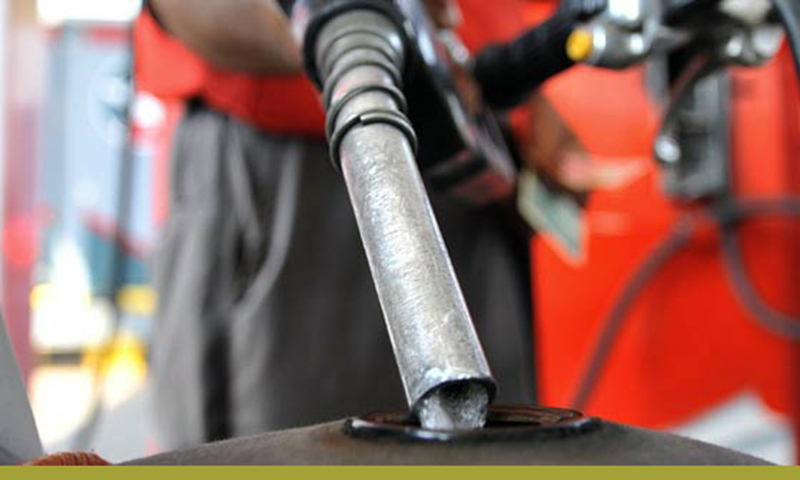Prime Minister Imran Khan has said that the government had decided that by end of year 2020, Euro-5 fuel would be imported, while the recent fuel would be converted into Euro-4. In Pakistan Euro-2 standard is applied while the world has gone to Euro-6 technology.
This initiative is being taken to slow down the deleterious effects of climatic change. Pakistan makes a tiny contribution to total global greenhouse gas (GHG) emissions, less than 1% (among the lowest in the world) but it is among the countries most vulnerable to climate change, and it has very low technical and financial capacity to adapt to its adverse impacts.
A parliamentary committee was recently informed that 43 percent pollution in the country was due to low grade oil being imported and used by transport industry.
The country’s five oil refineries are still in primitive stages in technology, while Pakistani oil has high magnesium and sulphur contents which are hazardous to health. The last refining sector policy came in 1997 and since then no upgraded framework has been emerged; however, the ministry has from time to time issued regulations and directives to the refineries regarding up-gradation in technology and usage.







